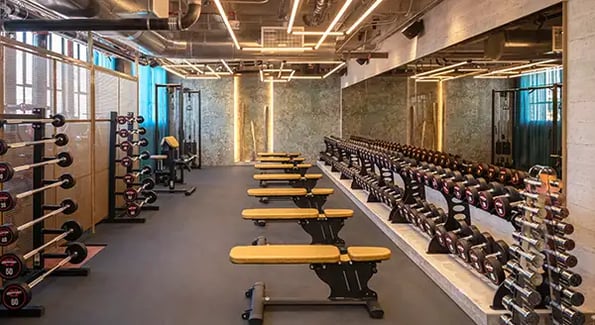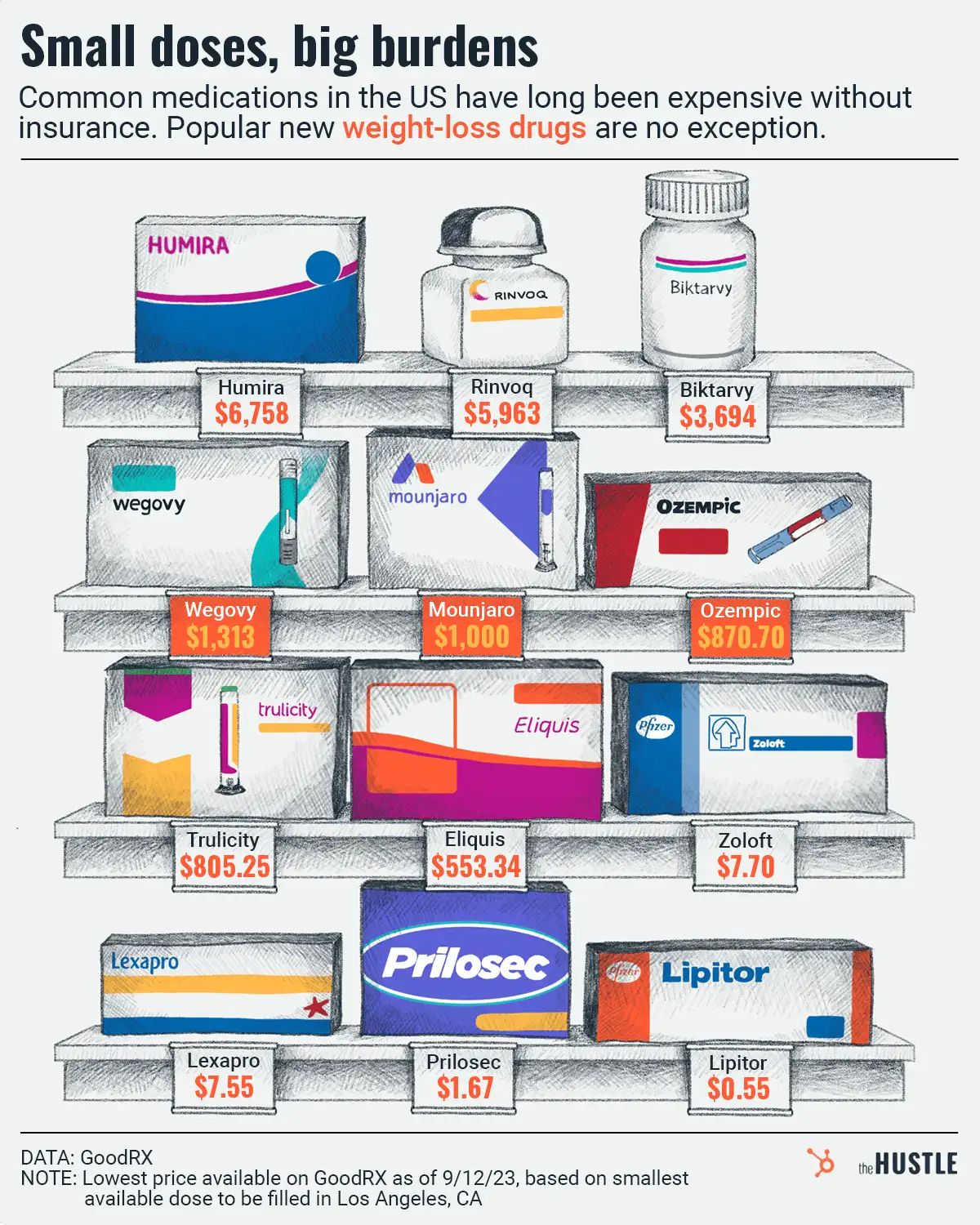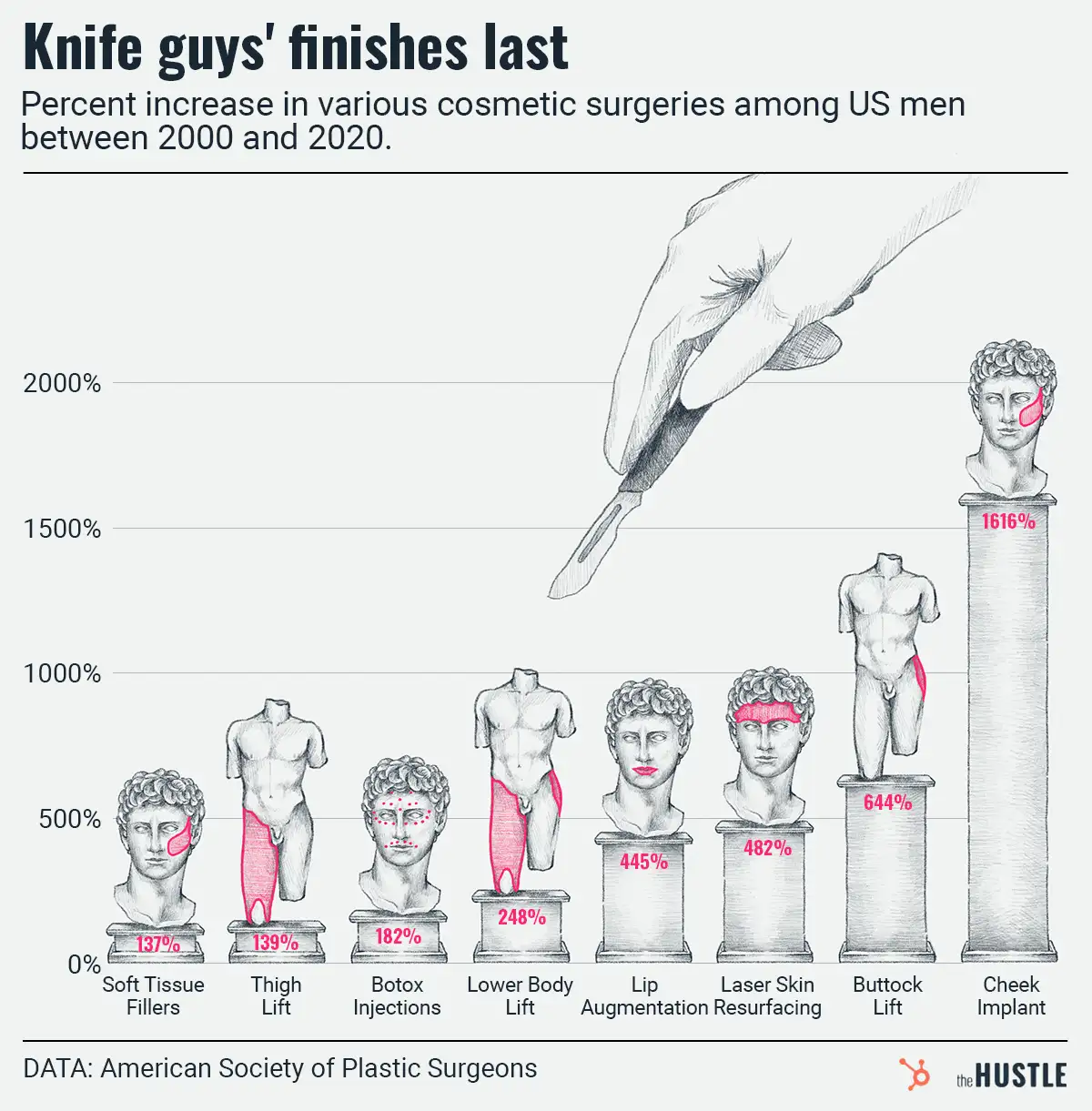In 2019, GQ suggested the gym-coworking hybrid as a gig economy trend.

Now, in a work-from-anywhere era with a rising interest in wellness, the growing market has even broader appeal.
We recently spent a day…
… at Heimat, a posh members-only club in Los Angeles. It’s the first of its kind from Berlin-based RSG Group, which acquired Gold’s Gym for $100m in 2020.
For $350/mo., members get:
- Every training machine imaginable, plus classes
- Locker rooms with meditation rooms and saunas
- A spa, juice bar, rooftop pool, restaurant, and bar
- A coworking space and library
Who’s it for?
The remote worker who prefers working and working out outside the home, and who likes the social aspects of a club.
- They could certainly find cheaper gyms, but coworking spaces are often similarly priced. Example: WeWork’s memberships start at $299/mo.
Meanwhile, Life Time, Inc. operates several coworking spaces where membership starts at ~$400/mo. and includes access to its 150+ gyms across North America. Its revenue increased 42.7% in Q2, attributed in part to another trend — pickleball.
And both Heimat and Life Time…
… are a steal compared to some other newcomers.
- New York’s forthcoming Collette requires a $125k initiation fee plus $36k annually for access to a gym, restaurant, bar, private offices, and staff who’ll make copies and fetch coffee.
- Core in NYC (and coming to San Francisco) asks for a $15k-$100k initiation fee and $15k-$18k annually. It includes a spa, gym, theater, library, and a service that handles “noninvasive, nonsurgical… age-optimization.” So, uh, Botox?
For something completely different: The Green Microgym in Portland, Oregon, is powered by its members via cardio machines that generate electricity.










